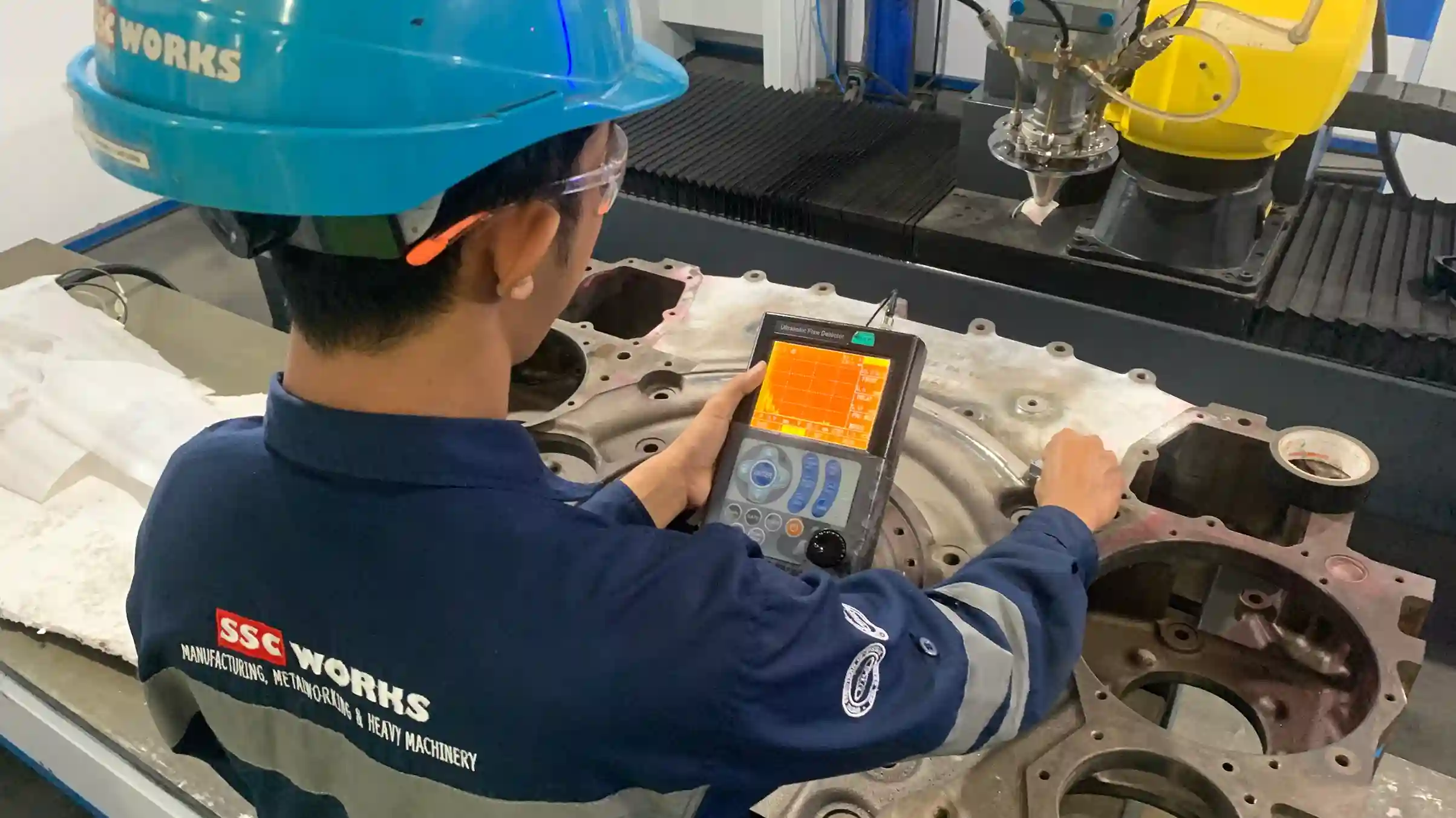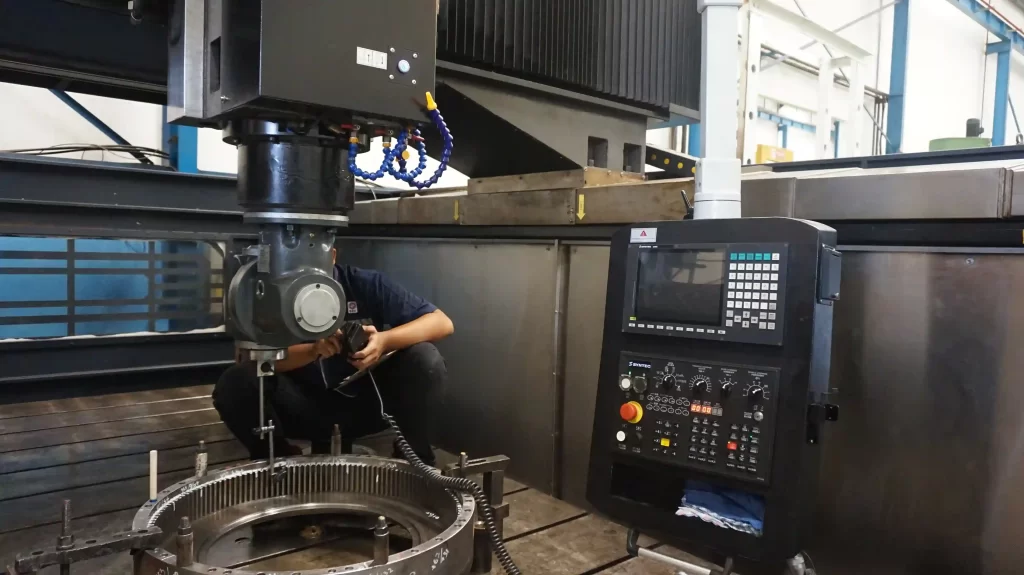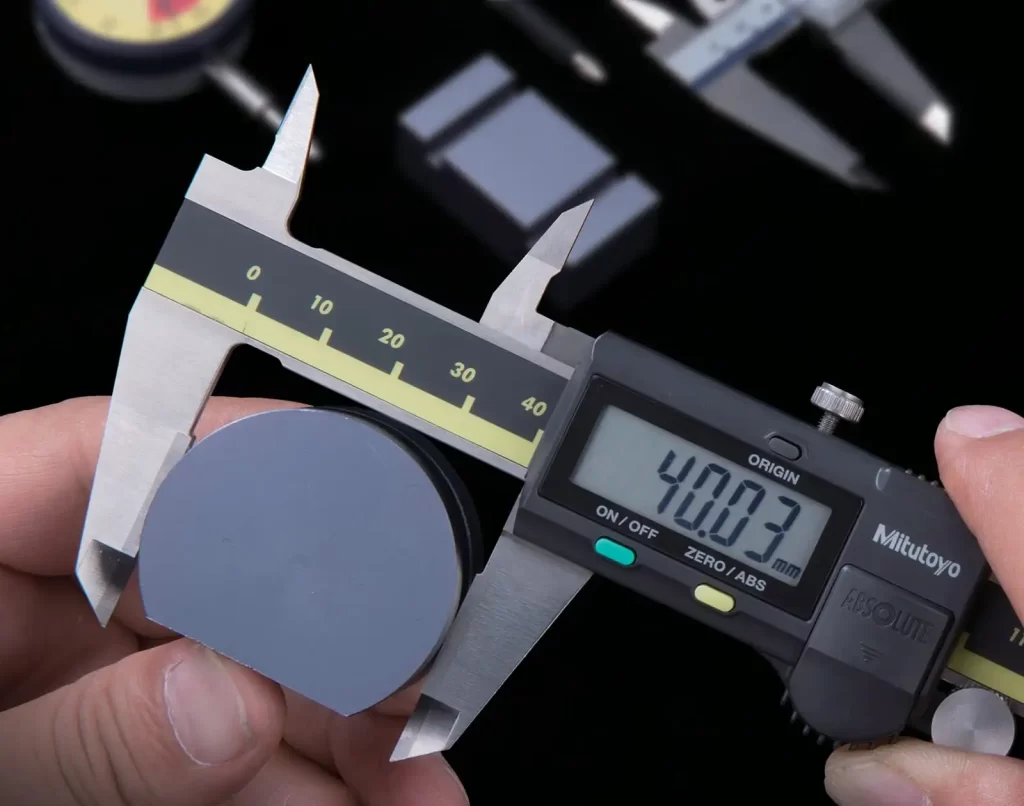Conclusion
A Test Engineer is an integral part of the heavy equipment industry, especially in ensuring that the components used meet the required standards of quality and reliability. At SSC Works, this role is vital for maintaining the company’s reputation for delivering durable, tested, and reliable solutions for mining and construction machinery.
By conducting rigorous testing and analysis, Test Engineers help ensure that SSC Works continues to provide the best service in the heavy equipment repair and manufacturing sector. If you’re looking for reliable, well-tested components for your heavy machinery, SSC Works is the partner you can trust.



